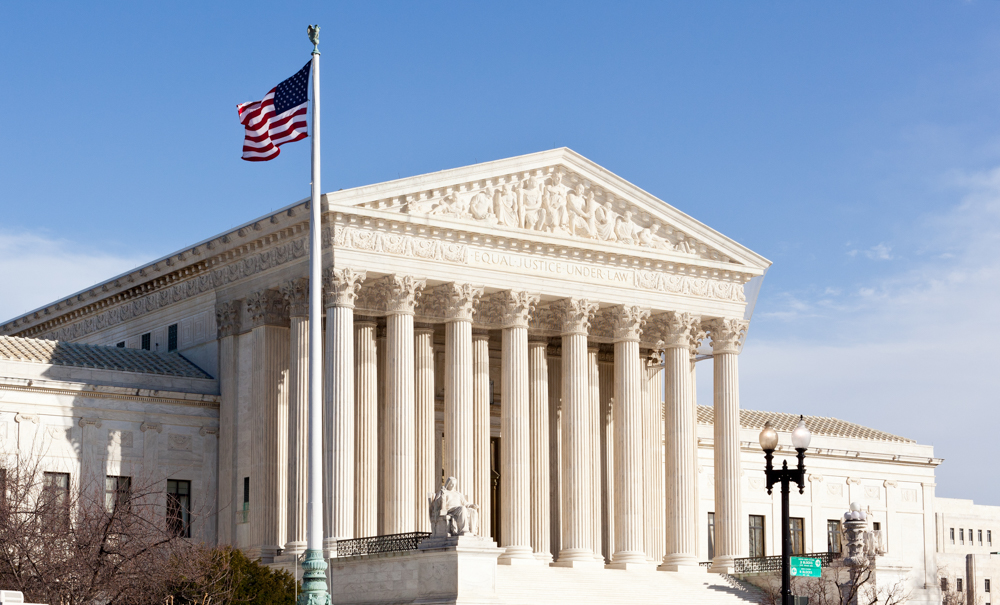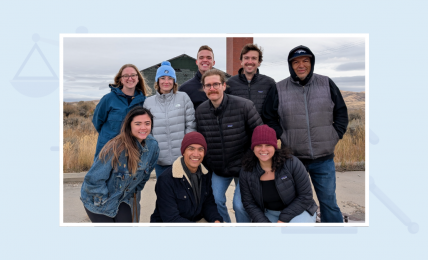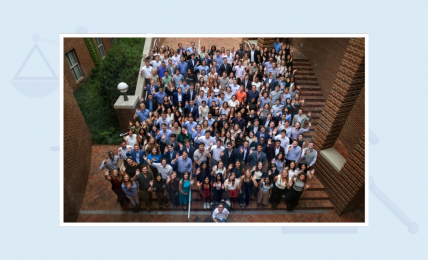By: Andrew Hessick
Judge John J. Parker Distinguished Professor of Law and Associate Dean for Strategy & Planning

Litigating before the United States Supreme Court is unlike anything else. The Court hears fewer than one in a thousand requests for review, and the majority of litigation is about which cases the Court should take. If review is granted, the kinds of arguments one must make on the merits also differ from in other courts. Because the Court is not bound by stare decisis, arguments turn less on precedent and more on text, history, and first principles.
The Supreme Court Program teaches students how to litigate before the Court. Students learn how to identify good candidates for review, and they assist in the actual representation of clients before the Court. In its brief few years of existence, the Program has been incredibly successful. The most notable achievement was securing review and then subsequently prevailing by a unanimous decision in McElrath v. Georgia. But that is not the only success. The Program has helped fashion in the law in other cases by filing amicus briefs that the Court either discussed at oral argument or cited in opinions.



